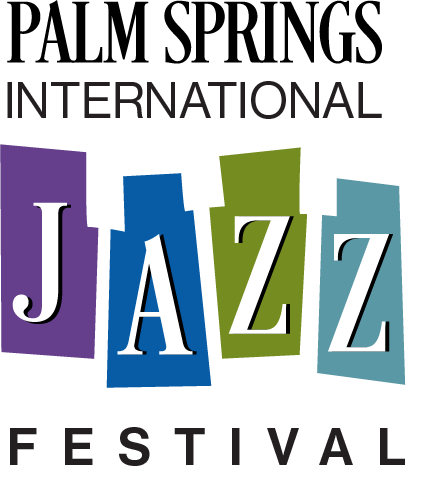The Cookers - Billy Harper

Billy Harper’s unique music creativity was first noted in Houston, Texas, where, at age 5, he was singing at sacred and secular functions and participating in choral and solo singing events. By age 14, he formed his first Billy Harper Quintet while a student at Evan E. Worthing High School. Graduating cum laude, he went on to study saxophone and music theory at North Texas State University and received his Bachelor of Music degree. He continued graduate studies at NTSU and became a member of their famed One O’clock Big Band.”
Harper moved to New York in 1966 and soon began attracting attention from some of jazzdom’s giants such as Gil Evans, Max Roach, Thad Jones, Mel Lewis, Lee Morgan and Art Blakey and the Jazz Messengers. He performed, recorded and toured Europe, Japan, Africa and throughout the United States from 1966 to 1979 with these groups, as well as his own Billy Harper Quintet.
In 1966, The Billy Harper Quintet began receiving notoriety of its own when his ensemble was highlighted on the NBC-TV special, “The Big Apple.” With more exposure came bigger audiences and bigger demands for appearances.
Throughout Harper’s career, there has been a pattern of spiritual growth and innovation. “My feeling is that music should have a purpose. In the past, it always has been used for healing and uplifting and meditation. And that’s the way I see my music” said Harper, “I’ve had people come up after a program to tell me that they felt a spiritual healing from the music. When that happens, I feel we’re fulfilling what we’re supposed to do. If people are entertained, that’s ok too but I certainly see a purpose in my music beyond that.”
As a teacher and lecturer, Harper has taught at Livingston College, Rutgers University, and The New School of Jazz and Contemporary Music. He has also received a special grant from the New Jersey State Council for the Arts to teach improvisation at 15 different high schools. Awards and honors include three Music Composition Grants; two from the National Endowment of the Arts, and one from the Creative Arts Program. He also received the International Critics Award for Best Tenor Saxophone for two years consecutively.
As a recording artist, Billy Harper’s album, Black Saint exploded on the international jazz scene in 1976. The reviews all applauded his innovations and prompted the Modern Jazz League of Tokyo to name the album, “Jazz Record of the Year – Voice Grand Prix.”
